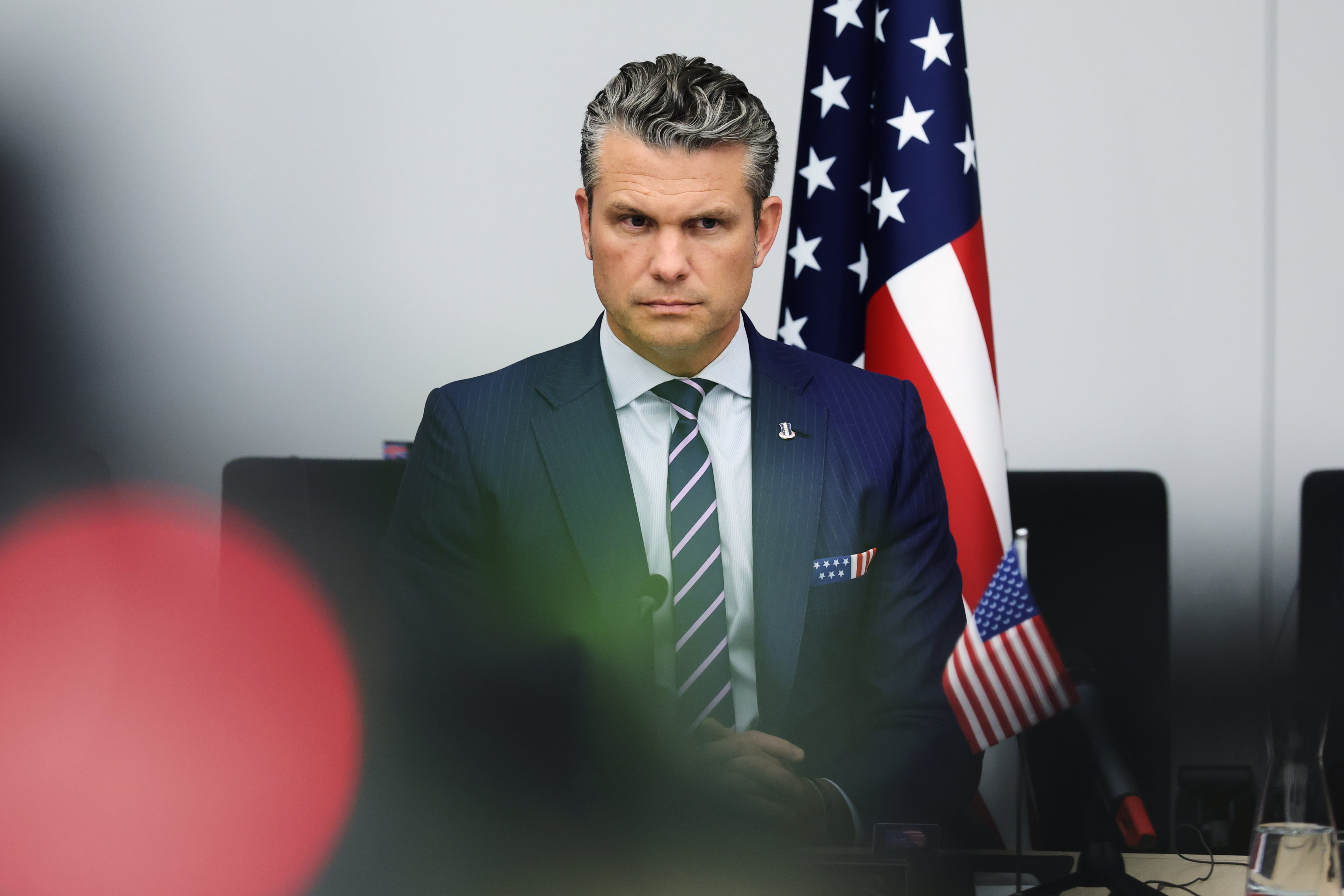Army officials say they have delayed the start date of their new contract for child care fee assistance to make sure they protect Army families from financial hardships like those they've experienced with the current contractor.
While the new contractor, Child Care Aware, was supposed to take over in January, the start has been pushed to Feb. 22 and will be phased in over seven geographically defined segments.
An average of about 1,285 families will be in each phase, said retired Army Col. Stephanie Hoehne, director of family and morale, welfare and recreation for the Army Installation Management Command, testifying Wednesday before the House Oversight and Government Reform Committee's government operations panel.
As of Feb. 22, Child Care Aware also will be responsible for any new families enrolling in the program.
Each stage, expected to take about a month, will be closely monitored. The complete rollout is expected to be finished by October, Hoehne said, adding that officials deliberately fashioned a conservative timeline to protect Army families.
"We learned from previous mistakes," she said.
The subsidy programs, offered by all the branches of service, help eligible military families reduce their child care costs when that service is not available on an installation. It compensates for some or all of the gap between the cost of care on installations and outside the gates.
Child Care Aware previously held the contract for administering the Army child care fee assistance program from 2004 to 2014, and has continued to administer the programs for the Navy, Air Force and Marine Corps.
Problems arose for Army families after their service decided to move the contract to the General Services Administration to save money. The previous contract was $8 million; GSA originally received $4 million for the contract when it took over in October 2014.
However, because of the failures of the program, the Army had to allot an extra $4.4 million, for a total of $8.4 million. GSA chief financial officer Gerard Badorrek said GSA used $6.7 million of that in fiscal 2015.
GSA was not prepared to surge its operations to handle 9,000 Army families, from the previous 200, according to an investigation conducted by the GSA inspector general. In September, the House Oversight and Government Reform Committee held a hearing exploring the reasons for a backlog of over 12,000 unpaid invoices to child care providers, affecting about 9,000 families.
The GSA inspector general investigated and found that the effect on Army families has been severe, ranging from bankruptcy to collection actions. Some families reported they were considering having a spouse quit a job or quit school so that one parent could stay home with their children.
In an update report issued Monday, the GSA inspector general noted that there has been progress in eliminating the backlog of invoices and administrative actions; by Dec. 21, GSA had cut the backlog of various actions to 3,100 from a high of 26,000 last summer.
The inspector general also noted a significant drop in complaints about the program since GSA paid the backlogged invoices by Oct. 16 — two complaints between Oct. 16 and Dec. 21, compared to 75 before Oct. 16.
Badorrek said incoming invoices are being paid within two to three business days. GSA and Army officials agreed with lawmakers in September that they would pay the outstanding invoices, including those that had discrepancies, and then reconcile the documentation. Of the 8,800 invoices that must be reconciled, about 1,000 have been completed.
Army Capt. Karmon Dyches, who attended the hearing Wednesday, said she wishes Child Care Aware were taking over the program today, "but unfortunately we have to wait a little longer."
"I've never heard anyone complain about Child Care Aware. We came on with Child Care Aware. They sent us a whole packet at the beginning, and helped us find a child care provider. They have unbelievable service, and unbelievable care. It was heart-wrenching when they left," Dyches said.
"We're very excited it's going back [to Child Care Aware], as are a lot of other families."
She said the organization keeps things simple, with one representative assigned to a number of families, so those families always talk to the same person.
"It's a complicated process. Kids get older, you change child care, you move," said Dyches, who has a 2-year-old daughter.
She said their problems with GSA are sorted out now, but initially, there were a number of delays in payments, the first around Christmas 2014. Out of their $1,200-a-month child care costs, the fee program pays $610.
Lynette Fraga, executive director of Child Care Aware, said the organization has been ramping up to handle the Army program once again, including assembling some staff members who formerly worked on the Army contract.
They're in the process of bringing on board about 50 staff members now, and anticipate that there will be up to 80 people at the "steady state" of the operations, Fraga said, adding more staff members may be added during the transition phase.
She said a key imperative for their program is to provide excellent customer support. Hoehne said Army officials also have been working with GSA and Child Care Aware to make sure families know how to communicate, and to avoid confusion in the transition.
"As we look at this phased-in approach, let's be as diligent with that as we have in trying to fix this particular problem," said Rep. Mark Meadows, R-N.C., chairman of the government operations subcommittee.
"You said you would have the transfer done by January," Meadows said. "I'm going to hold you to the October deadline. If you see that's not going to be met, let this committee know ... so we can go to work to make sure families are supported in the manner they've earned and they deserve."
Karen has covered military families, quality of life and consumer issues for Military Times for more than 30 years, and is co-author of a chapter on media coverage of military families in the book "A Battle Plan for Supporting Military Families." She previously worked for newspapers in Guam, Norfolk, Jacksonville, Fla., and Athens, Ga.





